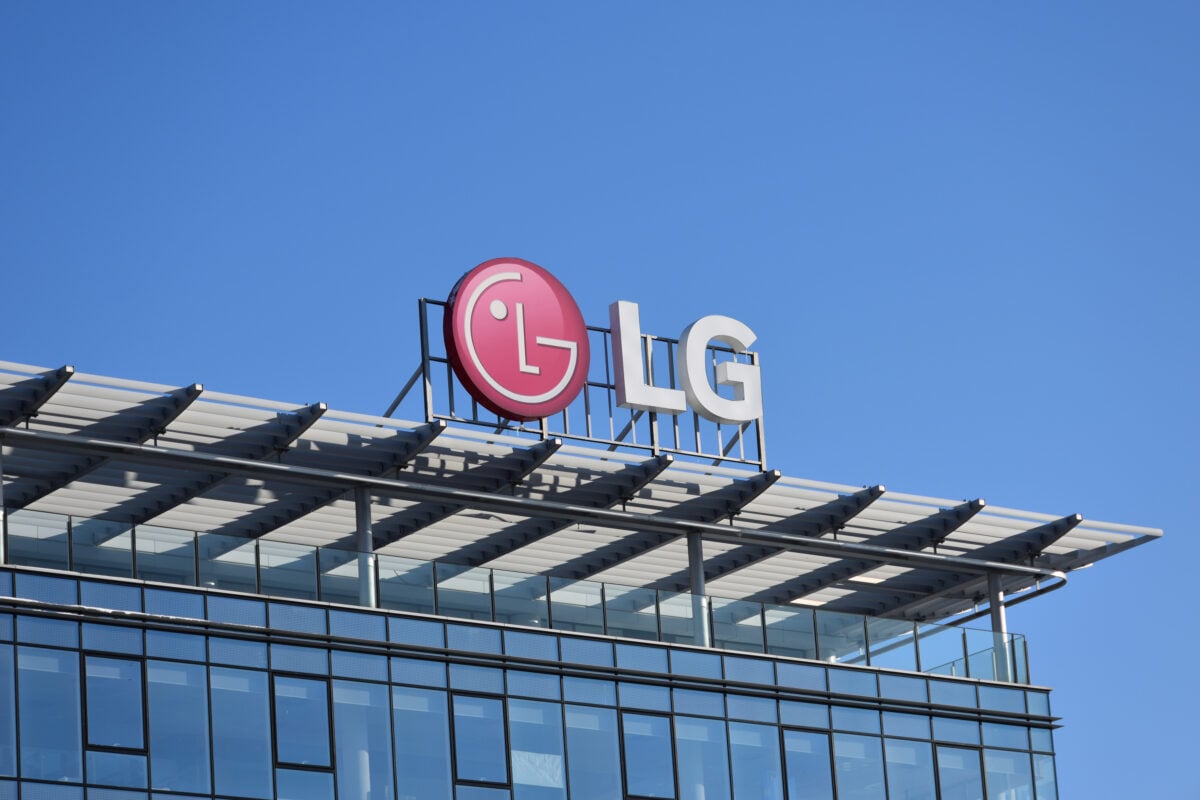TLDRs:
Contents
- South Korea’s president nominates LG AI Research chief Bae Kyung-hoon as science minister to drive national AI strategy.
- The move signals a deeper collaboration between government and tech leaders like LG and Naver.
- Over $72 billion in planned investment backs Korea’s push for AI sovereignty and innovation.
- Experts emphasize the urgency of building domestic infrastructure to support homegrown AI models.
South Korea’s president Lee Jae Myung has taken a bold step toward establishing itself as a global powerhouse in artificial intelligence with the nomination of Bae Kyung-hoon, the head of LG AI Research, as its new Minister of Science and ICT.
Bae’s appointment follows the selection of Naver AI Innovation Center chief Ha Jung-woo as the nation’s first senior secretary for AI and future planning. These appointments underscore the administration’s commitment to fast-track AI development, backed by an ambitious investment plan exceeding 100 trillion won. The goal is to catapult South Korea into the top ranks of global AI leaders, competing head-on with the United States and China.
Industry Expertise at the Helm
At just 49, Bae brings to government a rare blend of private sector rigor and policy experience. His résumé spans some of Korea’s largest corporations, including Samsung and SK, before his transformative role at LG. Since 2020, Bae has led LG AI Research, where he oversaw the creation of Exaone, a hyperscale language model, and later its evolution into Korea’s first interference AI model, Exaone Deep.
His leadership has not only advanced LG’s AI capabilities but also laid the groundwork for Korea’s vision of sovereign AI, one built using domestic talent, infrastructure and data. Both Bae and Ha are vocal advocates for homegrown models, warning that overreliance on foreign systems risks ceding critical national assets.
Urgency Behind the Appointments
Observers say these moves reflect a shift in how Korea views its AI strategy. What began as a reaction to the 2016 “AlphaGo shock” , when a Google AI defeated Korean Go champion Lee Sedol, has matured into a nationwide race to innovate. Since then, South Korea has steadily increased its investment in AI, but the latest appointments signal a recognition that success hinges on speed and technical mastery.
Choi Byung-ho, a professor at Korea University’s AI research lab, points out that the complexity of today’s frontier models demands leadership with hands-on knowledge. According to Choi, placing seasoned technologists like Bae in key positions reflects an understanding that AI is evolving too quickly for generalists to keep up.
Building Infrastructure for the Future
As Bae awaits parliamentary confirmation, attention now turns to the daunting task ahead. South Korea still lags in core infrastructure like data centers, energy grids and supercomputing capacity. Without these, experts warn, even the best AI strategies risk falling short.
Nonetheless, the appointments of Bae and Ha have injected renewed momentum into the Lee administration’s digital transformation drive. With policy now anchored in technical expertise, Korea is positioning itself not just as a participant in the global AI race, but as a country determined to shape its own digital destiny.


